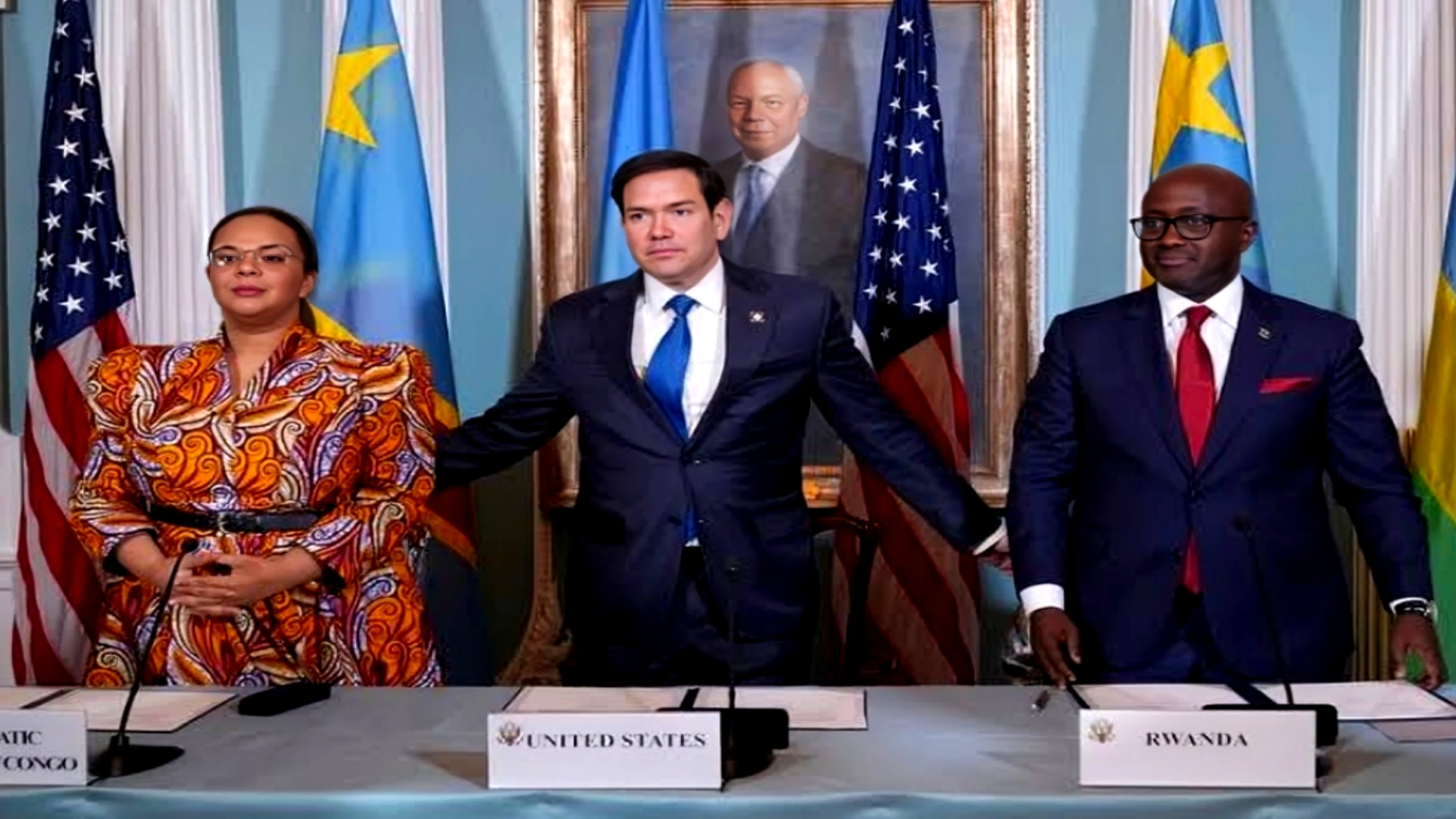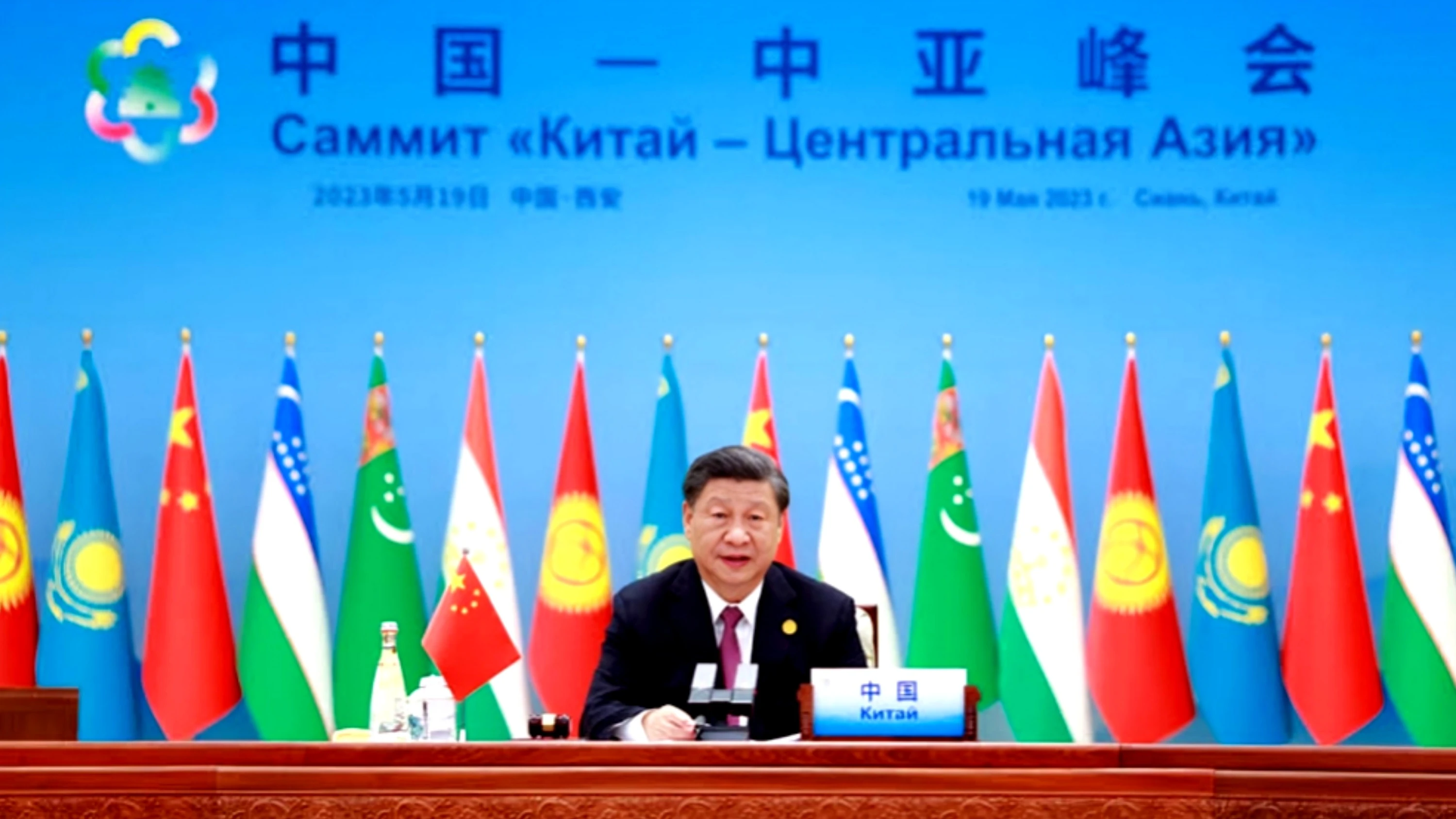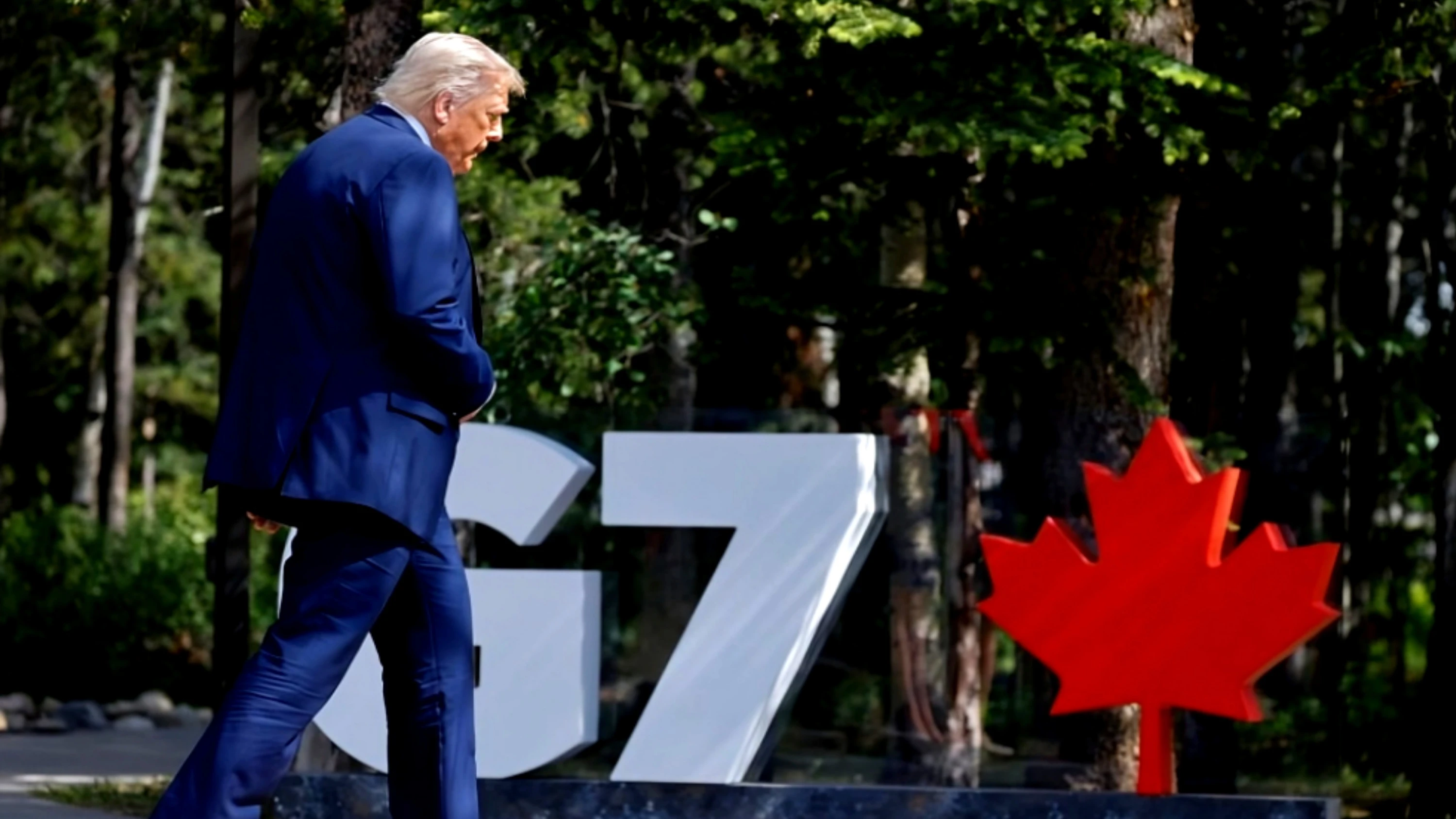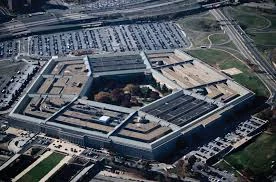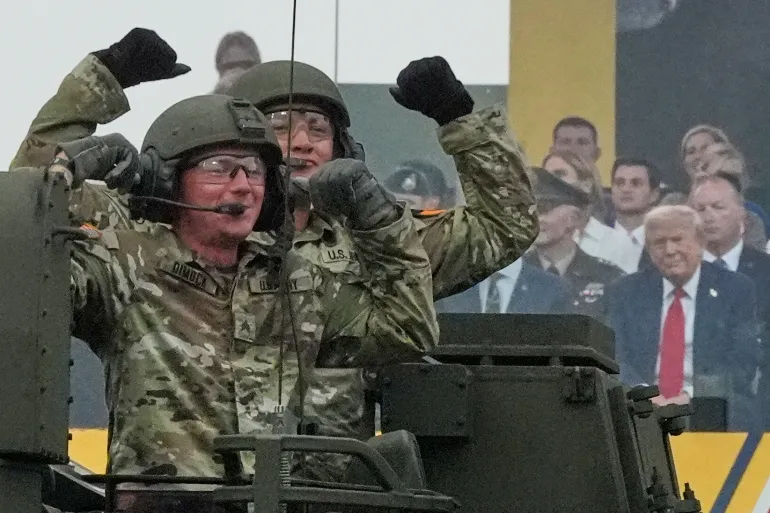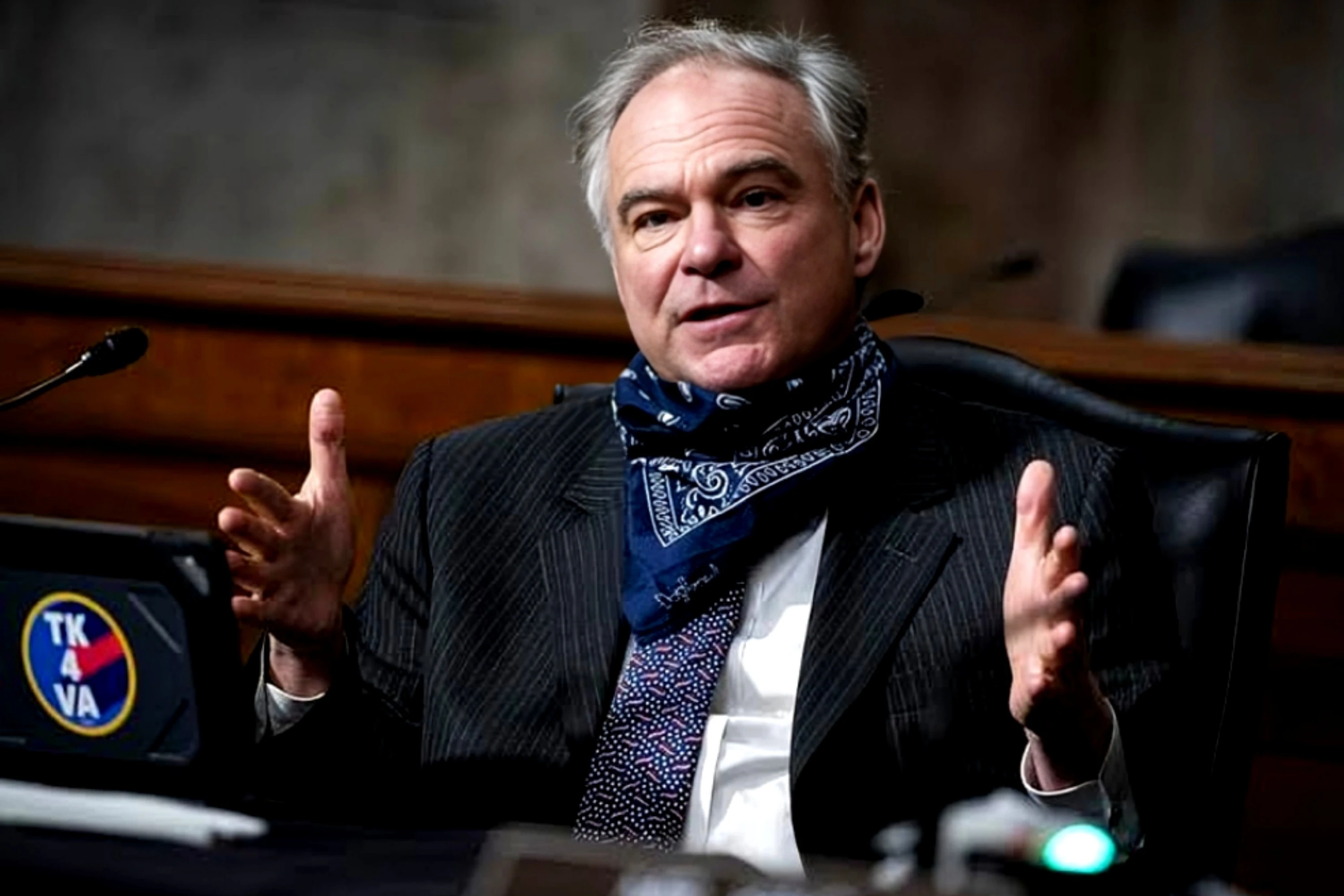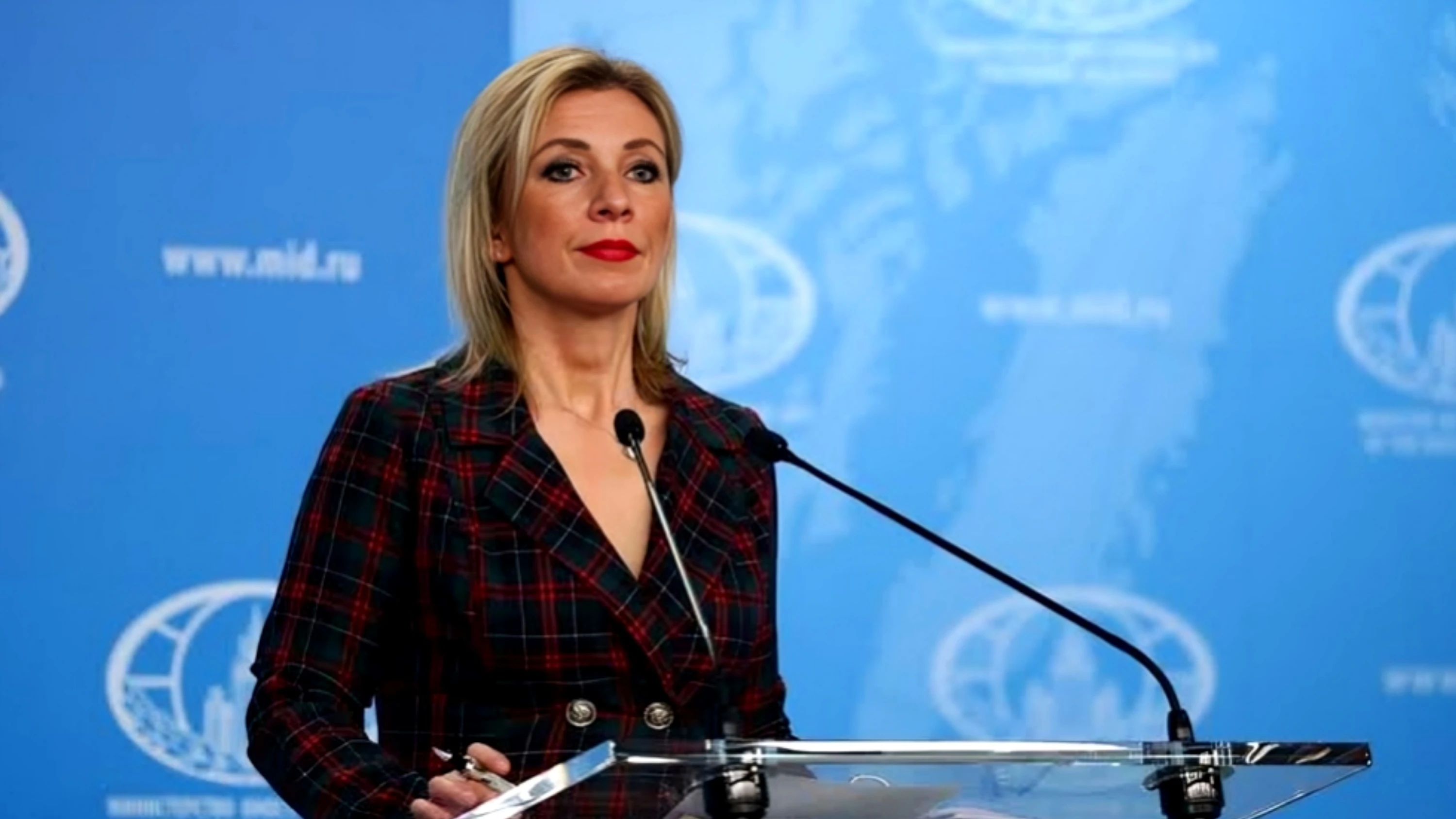Washington: The Democratic Republic of Congo and Rwanda have agreed to draft a peace accord by May 2, pledging to halt any military support to armed groups, according to a deal signed Friday in Washington. The move marks a major diplomatic effort aimed at ending the persistent violence plaguing eastern Congo.
The agreement comes as Rwandan-backed M23 rebels have made significant advances in Congo’s east. U.S. officials said the deal could pave the way for substantial American public and private sector investment in the mineral-rich region, home to resources like tantalum and gold.
While past ceasefires have largely failed to stop the bloodshed, there is renewed optimism that this latest initiative could ease tensions in a conflict that has its roots in the 1994 Rwandan genocide.
As part of the deal, both countries agreed to consider creating a joint security coordination mechanism to combat armed groups and criminal networks. Congo’s Foreign Minister Therese Kayikwamba Wagner and Rwanda’s Foreign Minister Olivier Nduhungirehe signed the accord alongside U.S. Secretary of State Marco Rubio, who witnessed the signing.
Speaking at the ceremony, Wagner addressed citizens back home, particularly those in the conflict-ridden east: "You have every reason to expect more than promises," she said.
Nduhungirehe described the agreement as a doorway to a lasting peace. He also highlighted the economic dimension of the talks, mentioning new regional supply chains and increased engagement from American investors.
The U.S. is currently negotiating investments worth billions of dollars in Congo’s critical minerals sector, which includes not just gold and tantalum but also copper, cobalt, and lithium — all crucial for electronics and electric vehicles. Rwanda is reportedly discussing its own minerals deal with Washington as well.
"A lasting peace in the Great Lakes region will unlock significant U.S. and Western investment, creating economic opportunity and prosperity," Rubio said. He emphasized that American companies would uphold strong governance practices and build reliable, ethical supply chains for critical minerals.
This initial agreement, described as a "declaration of principles" by a diplomatic source, lays out broad goals. Specific terms are expected to be finalized and signed within the next few months.
The latest outbreak of violence began in January, when the M23 group seized two major eastern cities. The United Nations and Western governments have accused Rwanda of supporting M23 with arms and troops — a claim Kigali denies, insisting its actions are defensive against hostile militias tied to the 1994 genocide.
Both Qatar and the U.S. have been involved in mediation efforts. Last month, Qatar hosted a surprise meeting between Congolese President Felix Tshisekedi and Rwandan President Paul Kagame, where both leaders called for a ceasefire. Qatar has also hosted separate negotiations between Congo and M23, with both parties recently agreeing to pursue peace.
Qatar’s foreign ministry hailed the Washington deal as a "positive and important step" toward regional stability.
The Trump administration has shown a keen interest in Congo, driven in part by a minerals-for-security proposal pitched by a Congolese senator earlier this year. Washington is eager to diversify its supply of critical minerals, currently dominated by Chinese firms.
The U.S. State Department said it envisions a private sector role in any future agreement. Prominent Trump supporter Erik Prince has already committed to helping Congo manage and capitalize on its mineral wealth.


